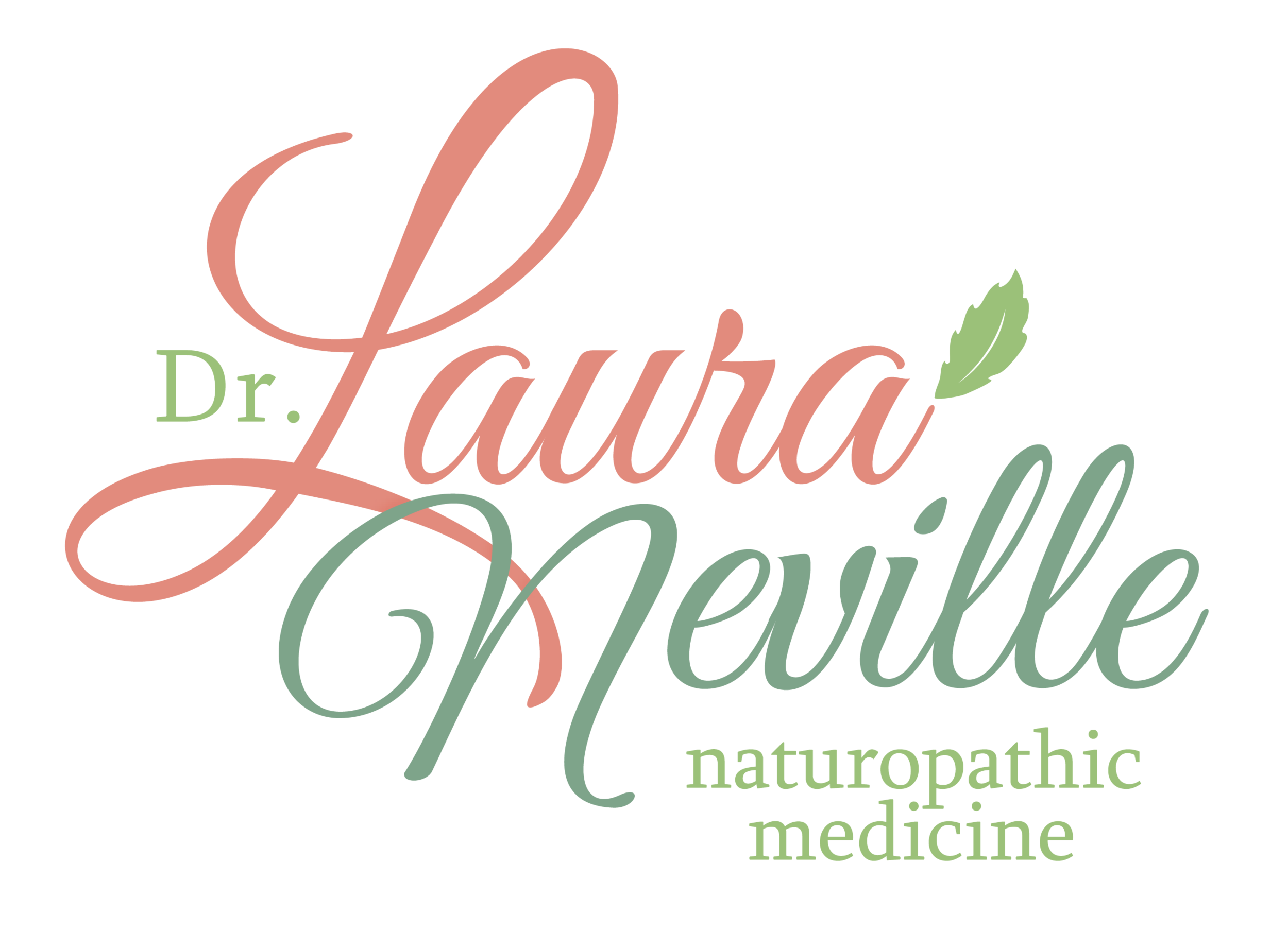Tick Tock: Fasting your way to health via the metabolic circadian clock
The Salk Institute published a study in 2015 showing mice limited to eating during an 8-hour period to be healthier than mice eating freely throughout the day. After 100 days, the mice that ate frequently gained weight, developed high cholesterol and high blood sugar levels, showed evidence of liver damage and reduced physical abilities; eerily similar to what we see in humans with pre diabetes and type 2 diabetes. The mice that ate in the time restricted fashion weighed 28% less, showed reduced levels of inflammation and showed no adverse health effects, despite consuming the same amount and type of food.
Human studies have shown similar outcomes. The University of California San Diego studied over 2,000 overweight women to find that this type of fasting had positive effects on both blood sugar levels and immune markers. The data revealed each 3-hour increase in nighttime fasting was associated with a 4% decrease in post-meal glucose levels, regardless of how much the women ate. Moreover, there was also a reduction in breast cancer risk.
Lifestyle modifications such as diet and daily physical activity are mainstay treatments for metabolic syndrome. Much of the research so far has focused on nutrition optimization, as well as small, frequent meals throughout the day for blood sugar stabilization. However, the Salk study suggests that spreading food intake throughout the day may disturb metabolic pathways governed by the circadian clock, just as artificial lighting has been shown to disrupt sleep-wake cycles and lead to insomnia.
It seems that the metabolic system also responds to this same circadian clock as the sleep/wake cycle. Prolonging the “sleeping” cycle of the digestive system may be a key aspect to normalizing health, potentially giving the system the rest it needs to regenerate and heal other aspects of imbalance in the body. Large scale clinical trials are needed to further confirm the potential of fasting to improve metabolic markers, including insulin sensitivity and blood sugar control. However, fasting may prove to create a significant impact on the current metabolic syndrome pandemic.
If you or a loved one has been suffering from weight gain, elevated blood sugar levels, high cholesterol levels, chronic inflammation or high blood pressure, consider speaking to your physician about time restricted eating/fasting.
Dr. Laura Neville
Adapted from labrix.com
References:
• Chaix A, Zarrinpar A, Miu P, Panda S. Time-restricted feeding is a preventative and therapeutic intervention against diverse nutritional challenges. Cell Metab. 2014;20(6):991-1005.
• Hatori M, Vollmers C, Zarrinpar A, et al. Time-restricted feeding without reducing caloric intake prevents metabolic diseases in mice fed a high-fat diet. Cell Metab. 2012;15(6):848-60.
• Heilbronn LK, Smith SR, Martin CK, Anton SD, Ravussin E. Alternate-day fasting in nonobese subjects: effects on body weight, body composition, and energy metabolism. Am J Clin Nutr. 2005;81(1):69-73.
• Livingstone C, Collison M. Sex steroids and insulin resistance. Clin Sci (Lond). 2002; 102: 151-66.
• Marinac CR, Natarajan L, Sears DD, et al. Prolonged Nightly Fasting and Breast Cancer Risk: Findings from NHANES (2009-2010). Cancer Epidemiol Biomarkers Prev. 2015;24(5):783-9.
• Marinac CR, Nelson SH, Breen CI, et al. Prolonged Nightly Fasting and Breast Cancer Prognosis. JAMA Oncol. 2016;
• Salgin B, Marcovecchio ML, Humphreys SM, et al. Effects of prolonged fasting and sustained lipolysis on insulin secretion and insulin sensitivity in normal subjects. Am J Physiol Endocrinol Metab. 2009;296(3):E454-61.
• Speroff L. Clinical Gynecologic Endocrinology and Infertility. Philadelphia, PA: Lippincott Williams & Wilkins; 2005.
• Wegman MP, Guo MH, Bennion DM, et al. Practicality of intermittent fasting in humans and its effect on oxidative stress and genes related to aging and metabolism. Rejuvenation Res. 2015;18(2):162-72.
Disclaimer: All information given about health conditions, treatment, products, and dosages are for educational purposes only and do not constitute medical advice.
Have you felt like your hormones may be “off” or out of balance? Take this first step - let’s find out what type of hormone imbalance you are dealing with…

